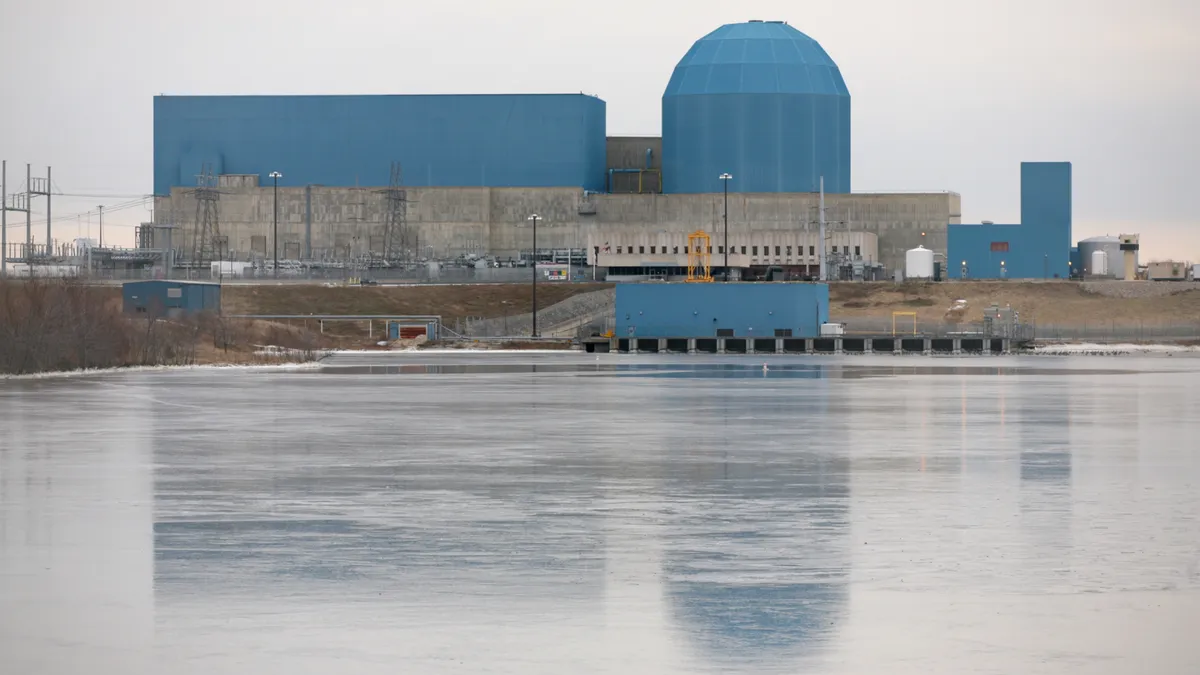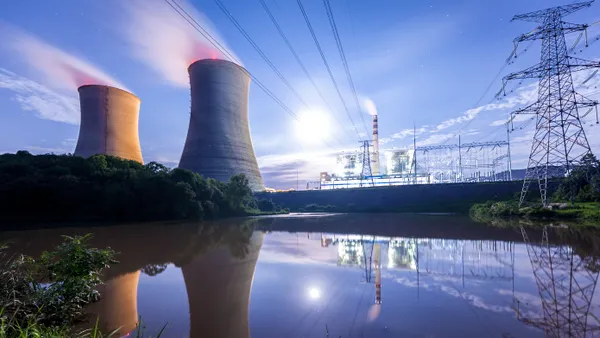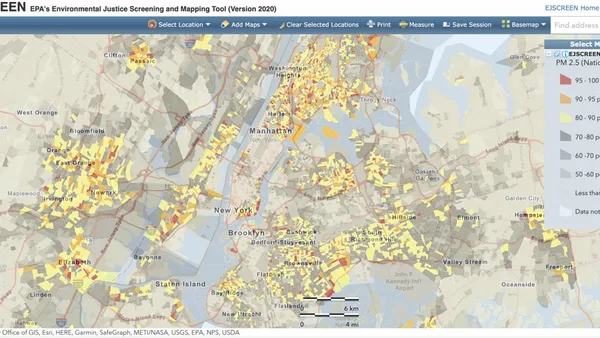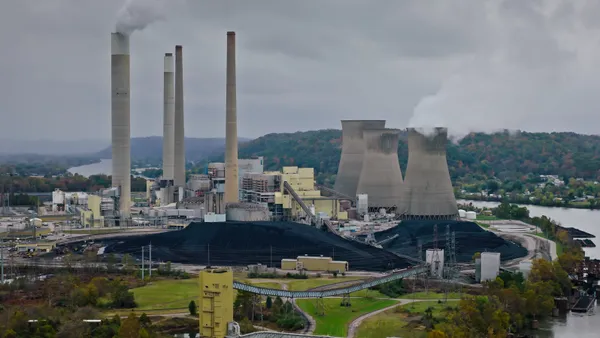Dive Brief:
-
Exelon executives expressed confidence last week that recent court victories for nuclear subsidy programs in New York and Illinois would stand through the appeals process, and said they would continue to push for pricing reforms in the PJM Interconnection power market.
-
On a second quarter earnings call, Exelon Executive Vice President Joseph Dominguez stressed the importance of proposed changes to how off-peak power prices are treated in PJM and, separately, changes to how PJM treats operational reserves.
- Dominguez also said it was likely last month's court victories for zero emission credits (ZECs) would be upheld, and that those decisions could “provide a bit of a catalyst” for other states to pursue similar measures.
Dive Insight:
As the nation's largest nuclear generator, Exelon was a chief lobbyist for and beneficiary of the ZECs, approved last year in Illinois and New York.
Last month federal district courts in Illinois and New York upheld the subsidies, saying they were little different in function than more common renewable energy mandates.
Opponents are mounting appeals, but Dominguez expressed confidence that the decisions would stand. The courts “rejected the entire waterfront of the plaintiff's claims,” he said in the earnings call, and “that speaks to how high a hill they will need to climb on appeal to reverse those decisions.”
Exelon owns two nuclear plants in Illinois and three in New York that are beneficiaries of ZECs. In Pennsylvania, Exelon has said it will shut its Three Mile Island nuclear plant, which failed to clear the last three PJM capacity auctions, by 2019 unless measures are taken that would make in economic.
Critics say those measures interfere with the operation of PJM’s federally regulated power market, and have filed parallel challenges at the Federal Energy Regulatory Commission.
Cases before FERC were stalled because the regulatory agency lacked a quorum until last week.
Dominguez said Exelon is “not just working on ZEC issues.” The company is watching for the release of the Department of Energy's grid study and officials hope it will recognize the validity of state nuclear supports and "put a spotlight on the issue of resiliency."
"As increasingly the system depends on both intermittent generation and natural gas-fired generation that don't have the ability to secure fuel for long-term operations, we need to make sure that our customers get electricity even in the event of a long-term disruption of the natural gas pipeline system," Dominguez said. "That's something that currently is not being modeled and needs to be modeled."
Federal wholesale markets “need to evolve to fully incorporate attributes like resiliency, fuel diversity, and environmental qualities of the generation resources,” Dominguez said. The “best market outcome,” he said, “is to price attributes directly into the market in the case of greenhouse gases and price on carbon.”
At least one market is following that policy strategy. The CEO of the New York ISO told a Congressional panel last month that it could have a carbon price integrated into its wholesale market within three years, and PJM and ISO-New England each have carbon pricing proposals out for stakeholder comment.
Dominguez said Exelon remains committed to markets, but they have to function well. “Our commitment to markets only extends so far as it provides the best outcomes for our customers,” he said.













